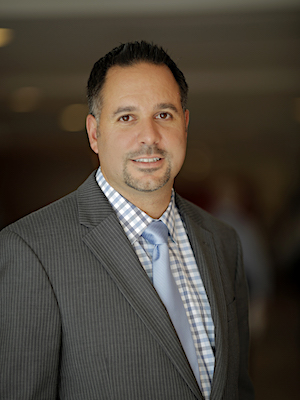
Franchising has come a long way since companies such as A&W and Hertz, founded in 1919 and 1925 respectively, began franchising together in 1925.
When you buy a franchise, you get to operate a business and sell products or services with brand recognition. You buy a format or system developed by the franchisor, and training and support. Some of the most well-known national and local businesses operate under the model: McDonalds, Massage Envy, Lawn Doctor, Two Men and a Truck, The UPS Store, College Hunks Hauling Junk, Pure Barre and more.
New developments in franchising along with general market indicators may leave potential franchisee’s wondering which direction the industry is going in 2019 and beyond. But, before we can make any predictions about the year ahead, it is important to understand the factors that led franchising to where it is now.
How we got here
For many in the industry, it’s no secret franchising benefited from the 2008 U.S. financial crisis (the worst economic disaster since the Great Depression). The crisis unexpectedly led to a surge in franchising, both in the U.S., as well as many other parts of the world.
It was during the financial crisis that a positive correlation between employment opportunities and franchising was perceived. This makes perfect sense since franchising provides a relatively low-barrier entrance into business ownership where those with economic resources can buy a relatively stable job and enjoy the allure of entrepreneurship.
It was estimated that there were 745,290 franchise establishments in operation in the U.S. in 2017. Franchise employment was forecast to grow 3.7% in 2018 after growing 3.1% in 2017; outpacing economy-wide employment growth, according to independent reports.
We’ve seen a steady increase in recent years. Business brokers and franchisors reportedly witness a steady increase in people looking to “buy a job” as a result of unemployment.
The year ahead
Franchising will continue to remain in high demand. From health and wellness to automotive, home cleaning services and quick-serve restaurants (QSRs), the industry doesn’t show signs of slowing down.
While this methodology has remained constant over the years, the market has evolved. In the US, the franchising industry has grown steadily for the past few years, both economically and in diversification; a surge in diversification among franchisors and franchisees with a growing number of minorities adopting this business model.
Meanwhile, top and up-and-coming franchises in each industry are all anomalies when it comes to size and scale. Despite their multiplicity, all franchises have one thing in common – they’ve survived their initial growth stage. This is going to lead to a significant reckoning in the franchise industry.
In the year ahead, we expect to see many who have used the cookie-cutter approach to franchising flushed out and be replaced by a more professional approach. The new breed of franchisors will be more engaged in the sales process, more qualified, and better positioned for the long-term success of their respective franchises. We also predict more stringent quality control filters.
Meanwhile, as buyers are met with minimal investment options under 10,000 in some cases to a whopping $1 million in others, franchising will continue to be accessible to aspiring entrepreneurs across the financial spectrum.
We can also expect technology and the internet of things (IoT) to level the playing field when it comes to buying a franchise, working with franchise brokers, gaining access to Franchise Disclosure Documents (FDDs), evaluating potential earnings and working with third parties (i.e. accountants, lawyers, and consultants) to select the best franchise that align with personal and business goals.
Don Daszkowski is a serial entrepreneur and founder of the International Franchise Professionals Group, also known as IFPG. The IFPG is an internationally recognized group of franchise professionals that includes franchisors, franchise consultants, franchise brokers and other franchise professionals that help potential candidates in the process of buying a franchise. The IFPG offers a training program for entrepreneurs to become Certified Franchise Consultants and earn a significant income selling franchises.
© YFS Magazine. All Rights Reserved. Copying prohibited. All material is protected by U.S. and international copyright laws. Unauthorized reproduction or distribution of this material is prohibited. Sharing of this material under Attribution-NonCommercial-NoDerivatives 4.0 International terms, listed here, is permitted.





